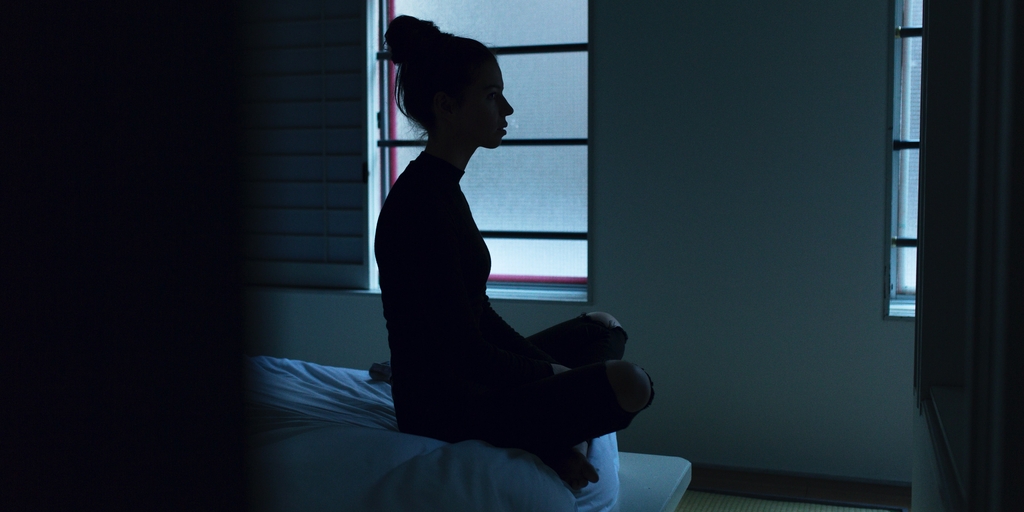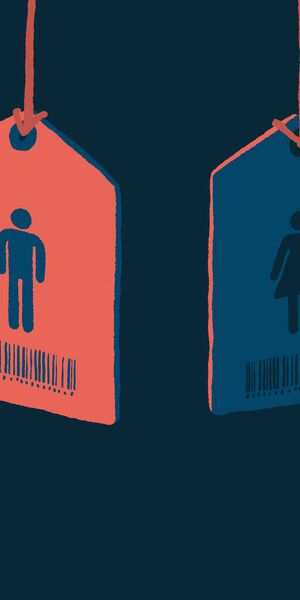Police response to modern slavery victims obstructing prosecution of traffickers
Human Trafficking
“The officer said they wanted to see someone shackled to the wall, not someone who could’ve opened a door and left.” – Hestia keyworker.
One of the charities contracted by the Government to provide refuge and support for victims of modern slavery has submitted the first super-complaint on modern slavery to Her Majesty’s Inspectorate of Constabulary and Fire & Rescue Services (HMICFRS). The complaint alleges serious police failings when interviewing victims of modern slavery, hindering the prosecution of traffickers and retraumatising victims. It also outlines how some police officers are not reporting cases of modern slavery to the Home Office, which they are supposed to do.
“The super complaint is allowing us to bring to light a systemic issue in the way that many frontline officers with insufficient experience and training in working with victims of modern slavery respond to these victims.” – Hestia’s modern slavery response team.
The super-complaint was submitted in conjunction with a new report published by Hestia entitled: Underground Lives: Police response to victims of modern slavery. It reveals how frontline officers are routinely failing victims of modern slavery by failing to understand their needs and vulnerability.
Evidence from survivors of modern slavery paints a bleak picture of police interaction
The report features case studies that highlight poor practice from police forces on how they interact with vulnerable witnesses, with many victims feeling like they were not believed by the police officers who took their statements or being treated as criminals.
“On one occasion the police found me naked and said, ‘Are you a prostitute? Get in the back of the van. Here’s a jacket and we’ll drop you back,’ – back to the hands of the perpetrators. I was put in domestic violence refuges and then told that I did not fit the criteria because there was more than one perpetrator. I had given up thinking that there was any – I didn’t understand. I wasn’t fitting any criteria. As soon as I reached 18, it was no longer CSE or trafficking. There’s notes that clearly stated, ‘This person’s been trafficked,’ but nothing was done. When I turned 18, I was told by the police that it was a lifestyle choice because I had access to a mobile phone.” – Evidence from “Witness A”
In one case study a victim who escaped from sexual exploitation in East London was so traumatised by her interview with the police that she did not want to have anything further to do with the police and did not report her case.
Other examples of bad practice included victims of sexual exploitation being given a male interpreter and interviewed by male police officers despite requesting females due to the nature of the offence, police not informing victims they were dropping criminal investigations into their traffickers and officers focusing more on immigration offences than the evidence of exploitation. Victims testified to routinely feeling that they were not believed by the police when reporting the crime.
What needs to be done?
Hestia recommend significant changes to how police forces respond to cases of modern slavery and especially how officers interact with victims. They include:
-
Ensure all frontline officers adhere to the Authorised Professional Practice on modern slavery;
-
Quality assure all training provision on modern slavery to ensure that it adequately covers victim identification and care;
-
Ensure they provide a trauma-informed response to all victims of modern slavery;
-
Make training provision on modern slavery part of continuous professional development for all police officers.
Hestia have also recommended that the Government ensure long-term funding for the Modern Slavery Police and Transformation Unit so that all failings addressed in the super-complaint and by the Home Affairs Select Committee are sufficiently addressed.
Baroness Newlove champions victims’ rights in foreword to Hestia Report
“Victims of modern-day slavery are some of the most vulnerable victims I have ever met. There is so much more that we need to do before we can honestly stand up and say that we are providing all such victims with the care and support they truly deserve. By care, I mean robust and professional support that gives them a pathway from being a victim to becoming a survivor. That is why I am supporting this super-complaint and also lending my support to Lord McColl’s Bill, which is making its way through the House of Commons, to ensure that we support these most vulnerable victims every step of the way.” – Victims Commissioner, Baroness Newlove.
CARE is one of the founding members of the Free for Good campaign that is made up of anti-trafficking charities and businesses and who are supporting and campaigning for Lord McColl’s Modern Slavery (Victim Support) Bill. This Bill gives confirmed victims of modern slavery 12 months of care, including safe accommodation and counselling. Find out more and ask your MP to support it here: http://freeforgood.org.uk
CARE’s Response from Senior Policy Officer – Human Trafficking Louise Gleich:
“This report shows that Police standards are falling far short of what is expected to ensure victims are given the full support and safeguards they need to report this crime.
“The lack of compassion and understanding some officers have shown to vulnerable witnesses is nothing short of shocking, and points to a wider problem of how victims of modern slavery are treated in England and Wales.
“The fact that we have evidence of victims no longer feeling able to cooperate with the police is of huge concern.
“If this problem is not addressed and further training is not rolled out to police officers across the country, then traffickers will continue to evade justice and carry out this horrific crime with near impunity.
“If we want to improve prosecution rates for modern slavery, bearing in mind it is already very low with only 7 per cent of recorded cases being referred to the CPS, then we must focus on improving victim care and putting victims first.”





Share story
Police response to modern slavery victims obstructing prosecution of traffickers